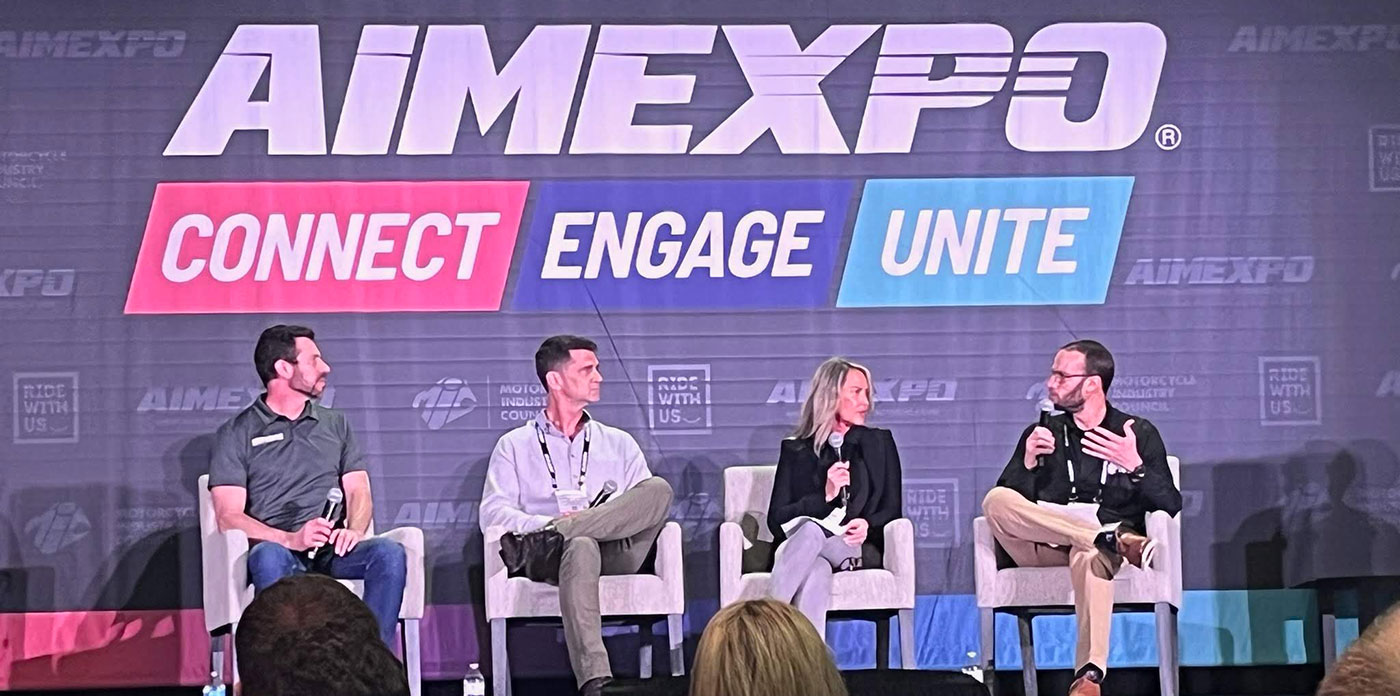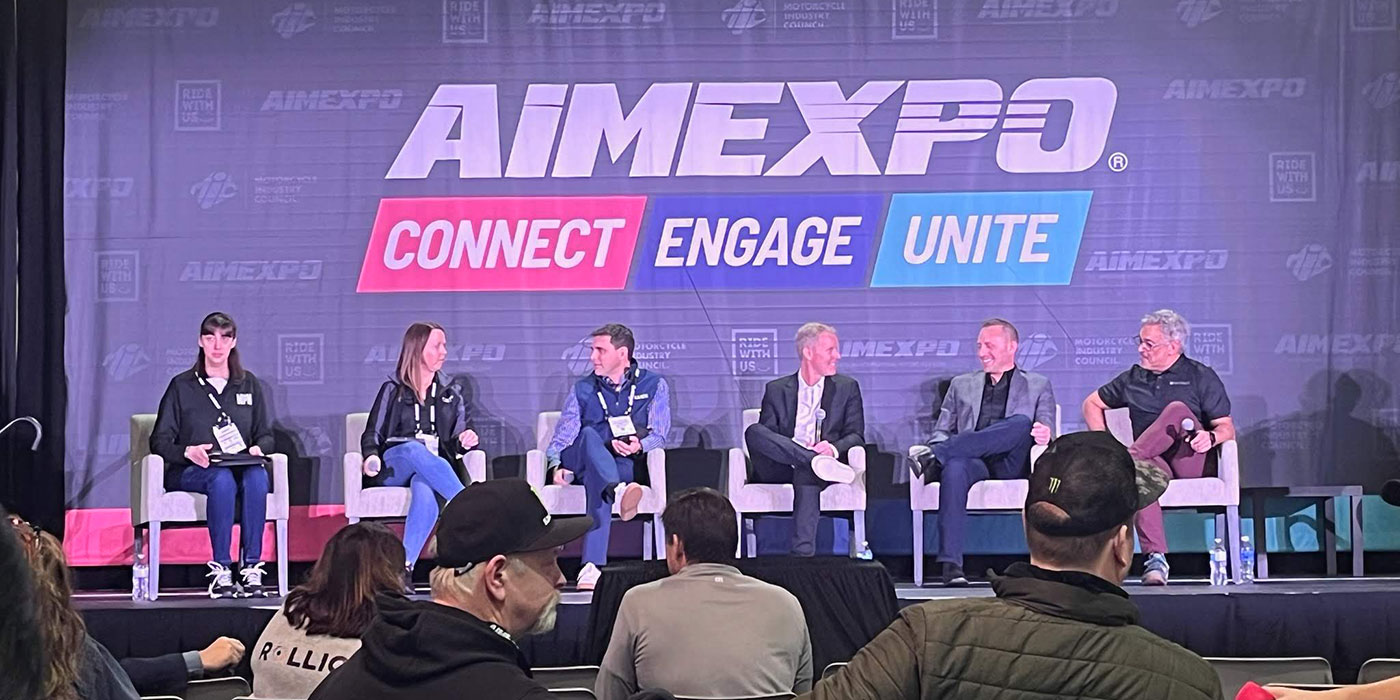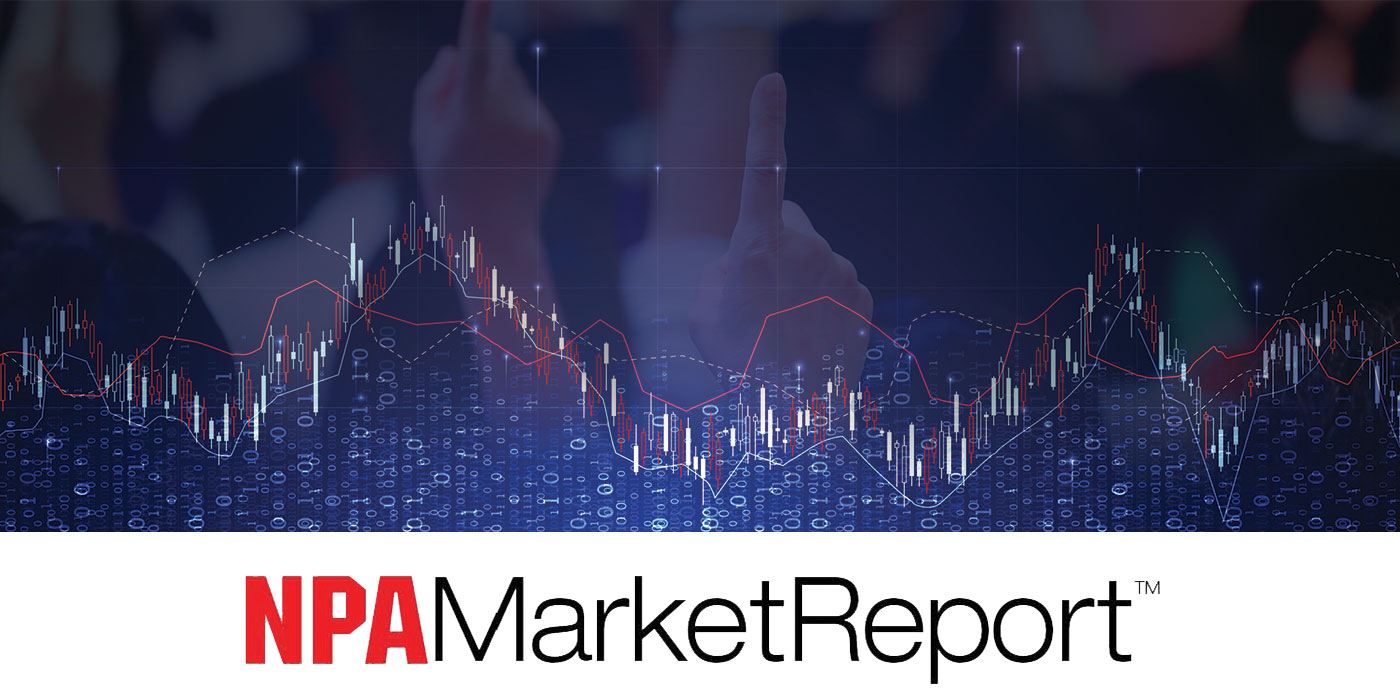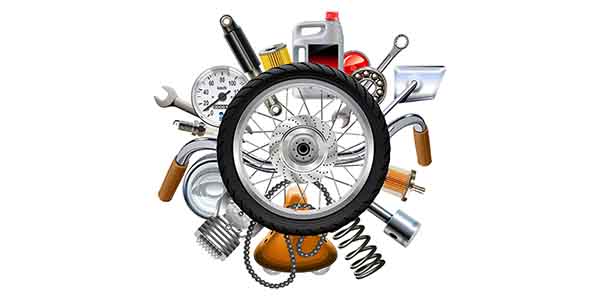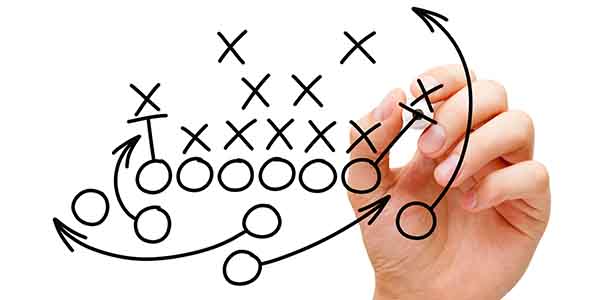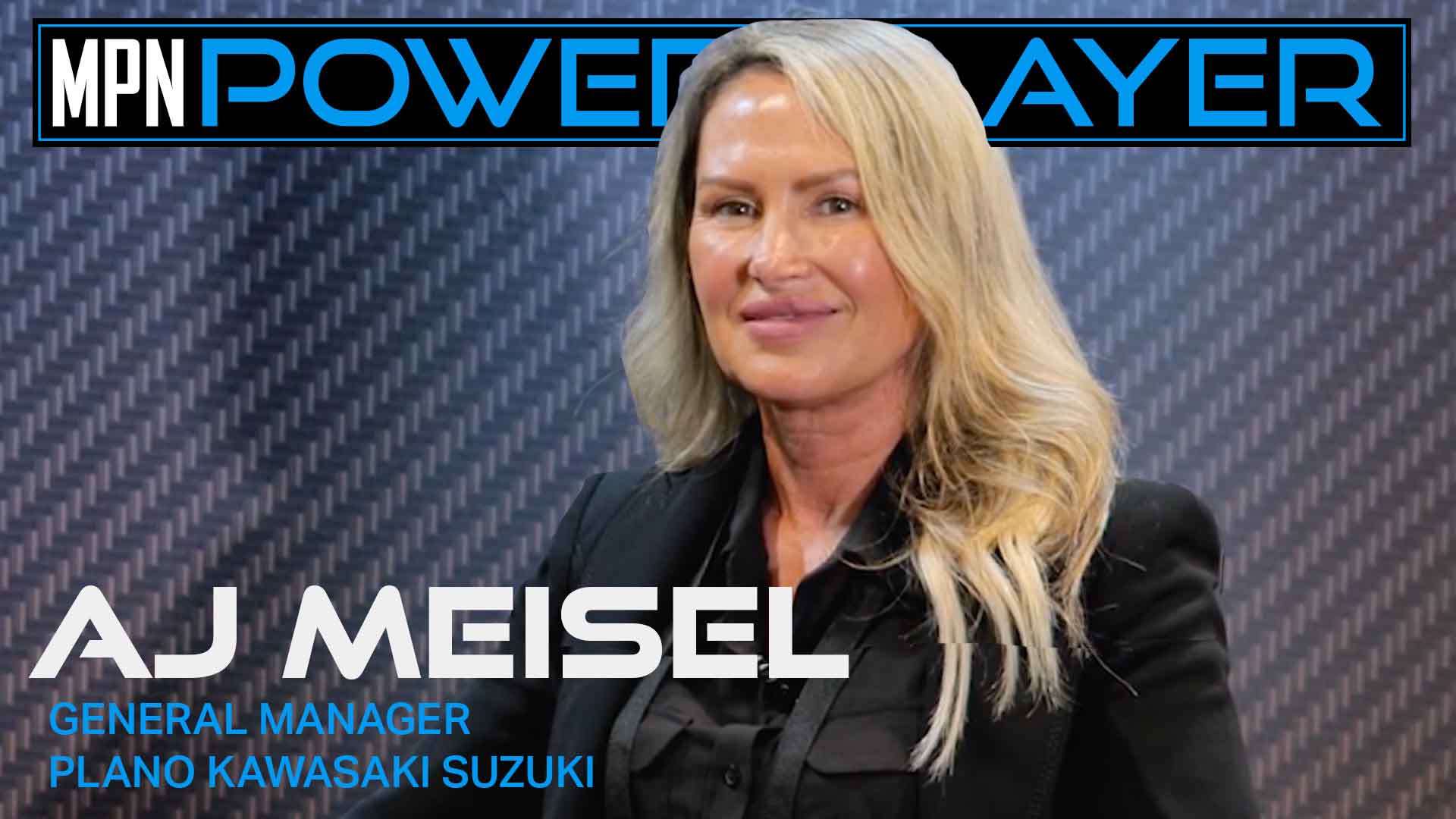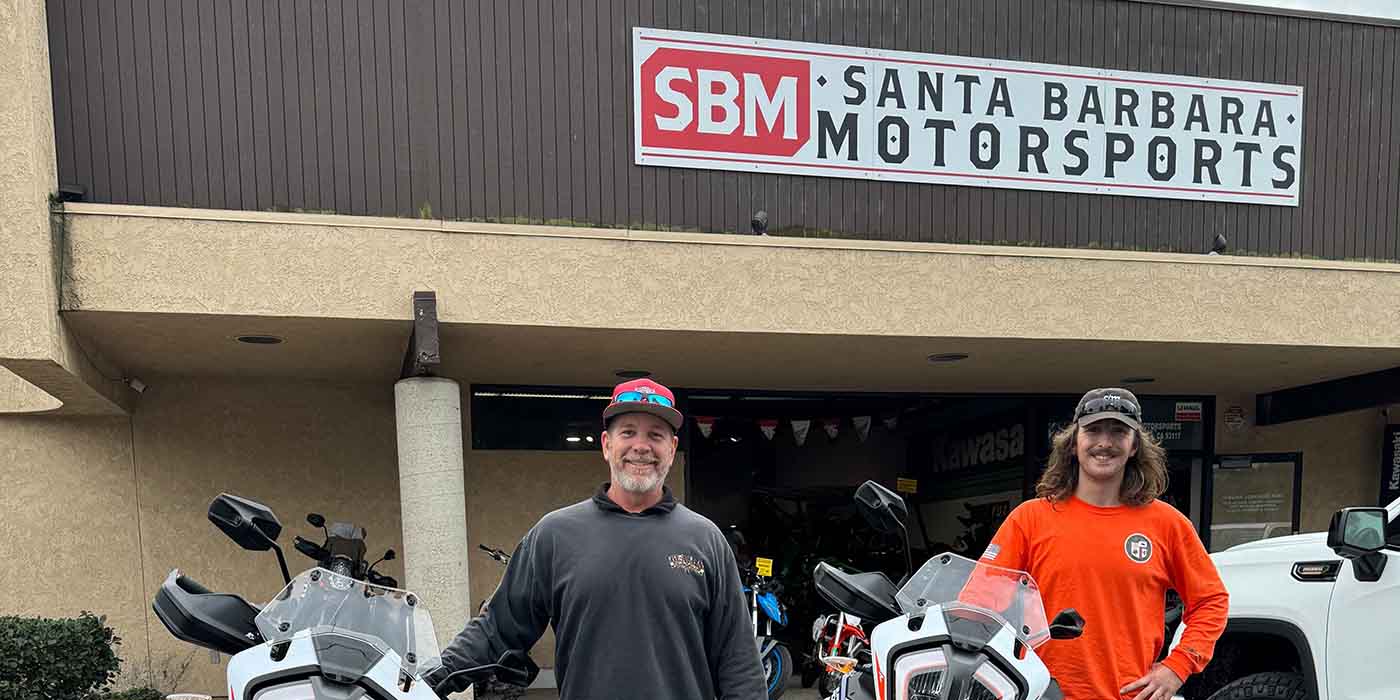For the last two months I’ve talked about some tried and true compensation strategies. In my final installment of my salary series, I’ll share some other strategies to consider. Of course, you’ll need to make sure your compensation strategies comply with all federal, state and local laws.
100% Commission
I believe that if you are in a sales position it should be 100% commission. You sell, you get paid. You don’t, well, you don’t. This way the employee doesn’t make money unless the dealership is making money. And vice versa.
- Does this take a certain kind of person? Yes.
- Does this require someone to be extremely confident in their abilities? Yes.
- Does this call for someone with tons of energy? Yes.
- Does this require a person to continually strive, learn and grow? Yes.
- Does this necessitate a person who can take rejection? Yes.
- Does this require a financially responsible person who doesn’t live paycheck to paycheck? Yes.
Do you know what these unique and rarified creatures are called? Salespeople.
Winter Holdback
Let’s say you live in Fargo, N.D. What happens during the winter months (which in Fargo run from September through May)? Well some dealers have started to offer a winter holdback program.
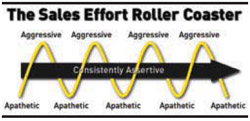
This is a voluntary program in which the dealer offers employees the opportunity to set aside a percentage of their earnings to be paid out in equal installments during the winter months. For example, a dealer may hold 5% of an employee’s commission total in a money market type account. The employee is shown how that account grows throughout the year. Then on a previously mutually agreed upon time, the monies are paid out in equal installments to help the employee through the decidedly slower months.
Additionally, this holdback idea can be used as an employee retention tool. Why is retention important? Long-term employees typically build large and loyal customer followings. These customers are more likely to refer business (keeping marketing costs lower) and are less likely to be unreasonable in subsequent purchases.
To use holdback for retention, the dealer could add a small percentage; let’s say 1% in this example. This is "free" money for the employee and encourages employees to participate in the plan. If the employee leaves by Dec. 31 of the prior year, they lose the contribution. This then encourages employee to stay. As always, you must comply with all federal and local employment laws. In most states you can’t subtract the entire holdback (it’s their money, they earned it) but you can subtract the match.
Group Compensation
Ever see two salespeople fight over a customer or a commission? Or have you ever seen a customer shunned on the showroom floor because his salesperson is at lunch and no one else wants to help him because "he’s not my customer"? What if there was a method of compensation that prevented people from thinking in terms of "your customer" or "my customer," but rather "our customers"? What a world it could be!
Two commission pools should be created: One for sales and one for F&I. The pools are simply the gross margin dollars for that area for the pay period. Then, eligible people would be paid their personal percentage from the group’s profit pool.
This does not mean that everyone gets paid the same amount. One person might earn 3% while another might earn 5%, and yet another might earn 7%.
These variations in percentages could be based on performance, i.e., people who sell zero to 15 units a month earn X. Salespeople who sell more than 15 units a month earn Y. Or the amounts could be based on discretionary criteria which management deems important. For example, a person may earn a higher percentage based on tenure, additional responsibilities or other marketing contributions, i.e., they’ve developed a huge following. Keep in mind, though, that discretionary criteria can result in ill will between employees not understanding exactly how they are being evaluated or compensated.
The important thing to keep in mind is that this is an equitable system. The bigger the pool the more everyone gets paid — it’s like capitalism on steroids. What happens if someone isn’t pulling their own weight? In this case, other, more capable salespeople may work with this person to bring his or her skills up to snuff, or the rest of the team will make the slow salesperson’s life so miserable that the underperformer ends up leaving.
An additional consideration would be to create a threshold to participate in the commission pool. For example, if their unit objective for June was 15 units, and they sold 15 or more units, they are compensated from the commission pool. If they don’t hit their objective they default to a previously agreed upon salary compensation or hourly wage.
Performance Bonuses
This is an additional consideration for anything over and above your target. This additional consideration could be a percentage increase or a specific dollar amount. It could be retroactive for the month or it could just be on the overage.
Either way, performance bonuses create an added incentive for salespeople to exceed their expectations.
Accelerator Clauses
One interesting behavior which plagues many salespeople is what I call the sales rollercoaster effect."
Have you ever observed what happens to a salesperson’s behavior in the first days of the month after just receiving last month’s commission check? Typically, sales effort goes down dramatically ("I worked hard last month, so I deserve to relax a bit"). Around the 15th of the month, the cable bill shows up, and it’s like they’ve been shocked with a cattle prod: They jump from behind their desk and shout, "I’ve got to sell something: now!" Then the salespeople become overly aggressive.
The real problem with a sales effort rollercoaster is that customers who buy earlier in the month get a different experience than customers who purchase later. Consistency in positive customer experience is essential to long-term business success.
The solution is to create a constant sales attitude that is neither apathetic nor aggressive — it should be assertive.
You can do this by adding an accelerator clause in which there is an incentive for salespeople to reach a percentage of their unit sales goal earlier in the month. For example, if a person reaches 80% of his monthly unit sales target by the 15th of the month, they could earn an extra percentage or dollar amount per unit that is retroactive for the entire month.
Customer Satisfaction Spif
Rewarding customer satisfaction is crucial; consider coming up with a method to do so. For example, give sales an additional commission percentage if your store is in the top 10% in the country; and reward a set spif if a customer writes a testimonial letter.
Unit Bounties
A motorcycle bounty is when you have a motorcycle that you want to move and to do that you offer a specific dollar bounty to the salesperson who sells the unit first. I suggest managing this by exception and just paying this perk outside the framework of your chosen plan.
Pre-Paid Maintenance
The other challenge for F&I is paying on pre-paid maintenance plans. They really don’t have the same profit structure as other products, they do add a bit to the reserve paid as a result of increasing the total amount to be financed, but it really doesn’t accurately reflect the time, effort or skill required to sell it, either. A flat fee on these programs can help.
Dealer Paid Promotion
These finance promotions offered by lenders often yield interesting components like no money down or no payments for some period of time. The question is to whom should the costs for such a promotion be charged? One thing is clear: It should not be charged to the customer. If this is done, it could be considered a finance charge and thereby change your APR and truth in lending disclosures. Still unclear, though, is whether it should be debited to sales or to F&I, or a portion to each. Some sort of shared responsibility for the cost would be most equitable.
Enable Reasonable and Allow Unbelievable
I’ve left specific dollar examples out of this piece because of regional differences. It’s important to enable people to earn a reasonable living and also to create a structure so that if they do extraordinarily well they can earn unbelievable compensation. If your commission plan is structured well, you should hope your salespeople make $200K per year. Can you imagine what you’d be making!
With all this talk of money, it’s important to remember it isn’t the biggest motivating factor; if you pay someone twice as much, they won’t necessarily be twice as happy. There are things that are much more important, including time off, one’s work environment and the opportunity to learn and use unique talents. These factors, quite frankly, can be as important, if not more so, than money.


